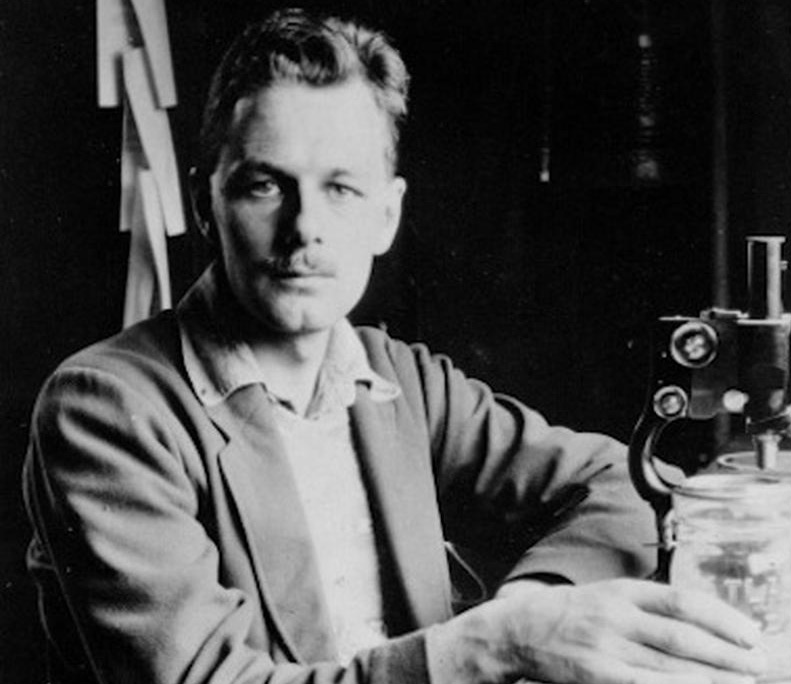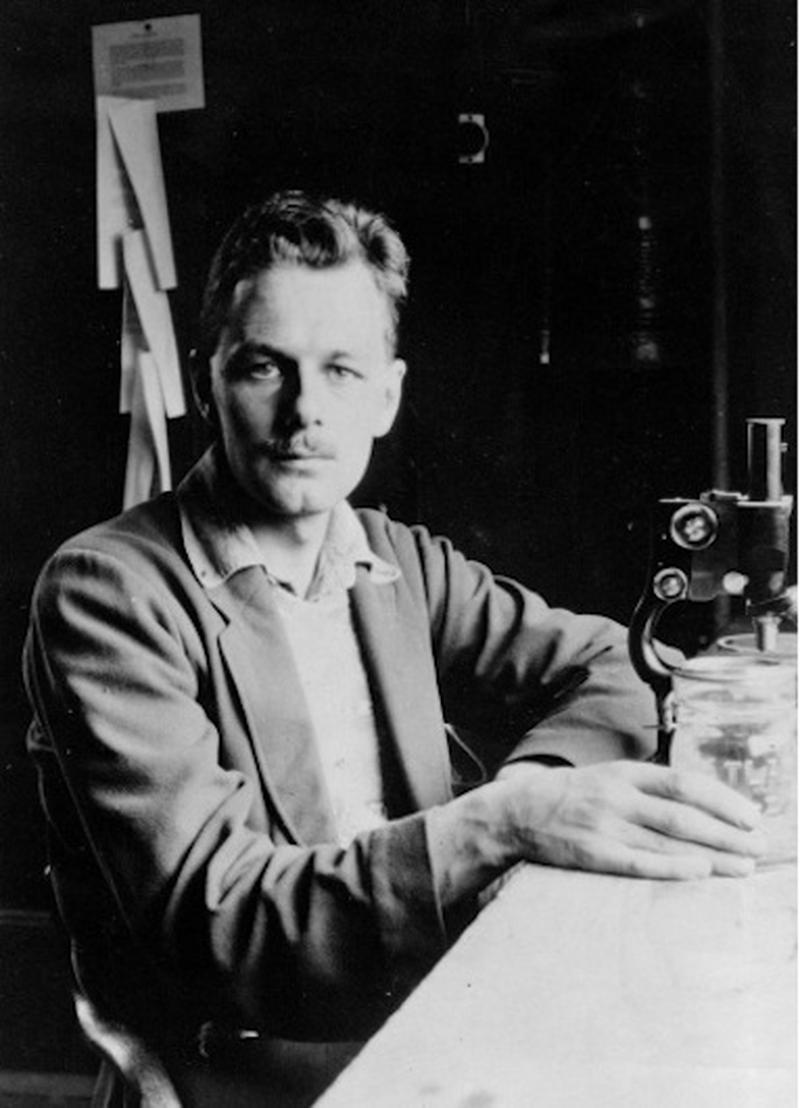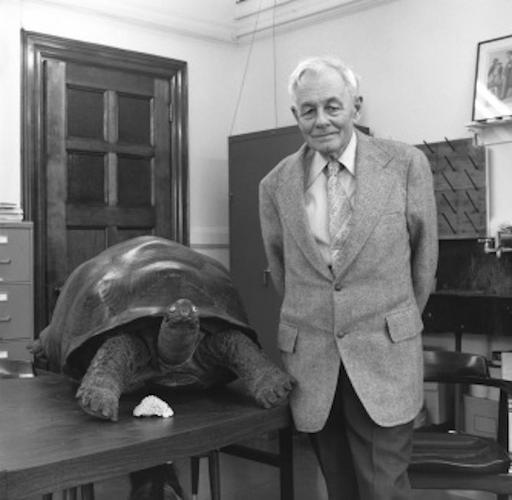Known to many as the “father of modern limnology,” George Evelyn Hutchinson was an innovator in an ever-evolving field. Hutchinson began studying limnology — the study of inland waters — in the 1920s, when the field was still taking shape. He was the first to use radioactive molecules to study lake chemistry, which paved the way for future ecologists.
Hutchinson began his work in England, his home country, where he attended Cambridge University. The direction of his studies took a turn when he took a job as a senior lecturer to the University of Witwatersrand in Johannesburg, South Africa and was fired by a demanding zoology professor.
Since he was still under contract with the university, Hutchinson was released to do field work, which led him to discover his true passion — limnology.
Hutchinson arrived at Yale University in 1928 and worked to advance the field there until his retirement in 1990.
By Rachel Warren









